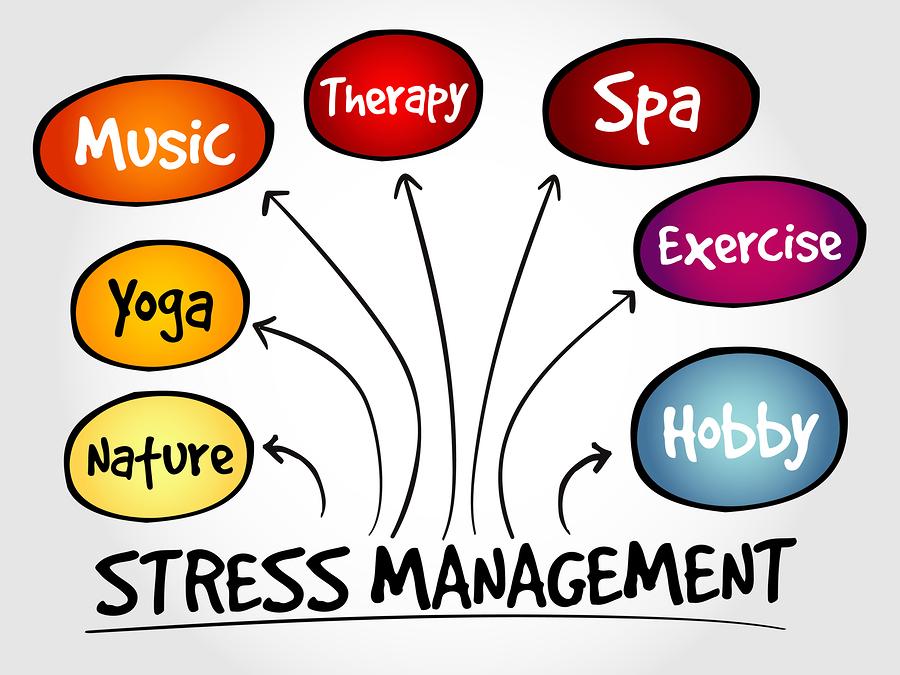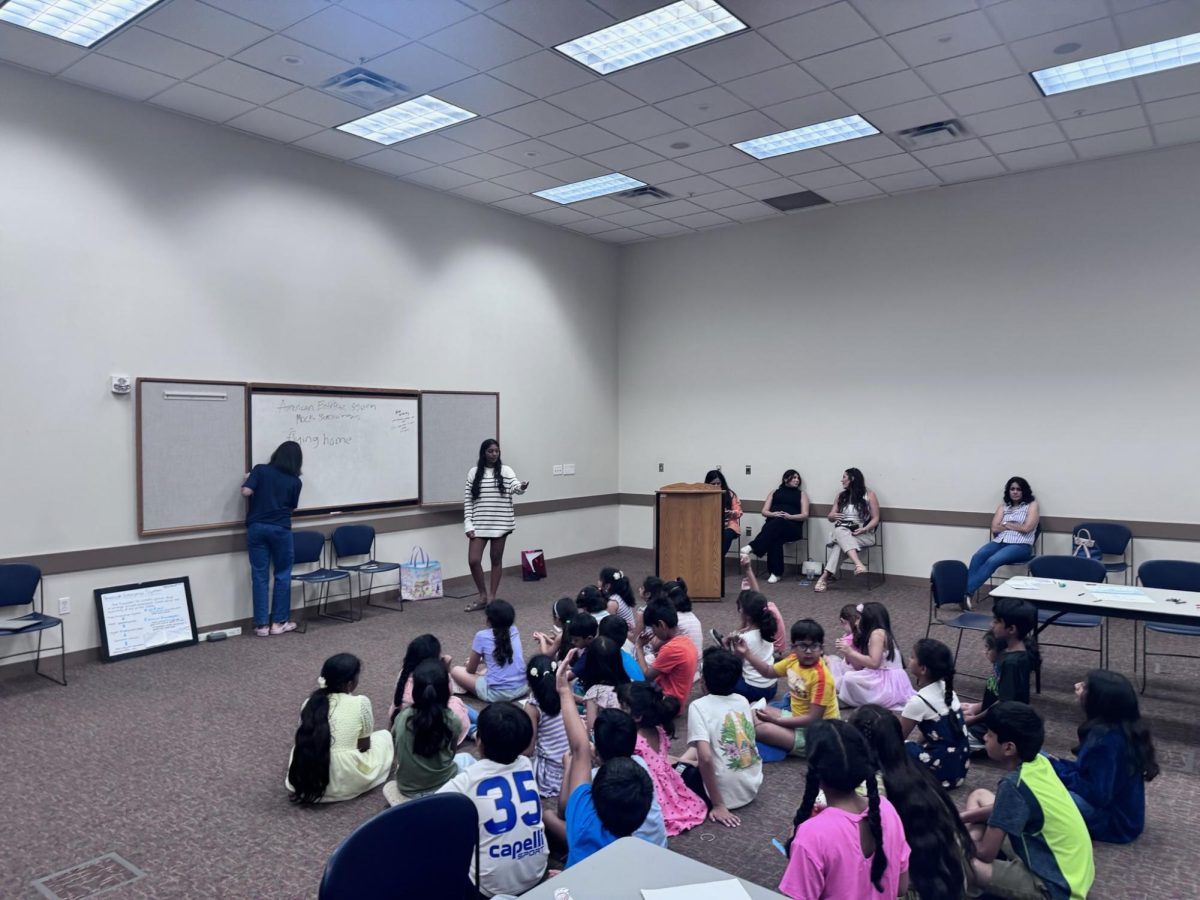Stress is a common factor in most people’s lives, despite the vast variety of activities they experience. April is Stress Awareness Month, which focuses on creating awareness about personal stress and finding ways to cope with it. Stress awareness begins with identifying causes of stress, which depend heavily on individual lifestyles and triggers.
“Stress is something that can be managed and relieved, but without knowing your stressors, it will be difficult to know where to start,” said school psychologist Jennifer Rigsbee.
Rigsbee states that causes of stress span across a wide range, from daily tasks to extreme psychosocial or medical stressors. These triggers can include day-to-day responsibilities, moving, relationships, and emotional trauma. According to Rigsbee, students also experience a unique combination of stressors that include balancing schoolwork with extracurriculars, meeting deadlines, and reducing sleep. All of these stressors contribute to less focus on relaxing and intentional downtime, which in turn increases stress and reduces productive functioning.
“It seems like a cycle where everything is impacted continuously if not monitored or changed,” said Rigsbee. “Sometimes we need to slow down and take a look at all of the pressures and responsibilities we have and how they are impacting us in a stressful way.”
After identifying specific causes of stress, Rigsbee says it is essential to identify coping strategies. These strategies can be as diverse as stressors and individual results can easily vary. Rigsbee describes coping strategies as small ways to de-stress, with more focus on reducing stress than completely eliminating it. Common forms of coping include spending time in nature, meditation, listening to music, and journaling. Rigsbee credits humor and family bonding time as her personal coping strategies. These activities are stronger as short-term stress relief solutions, but Rigsbee emphasizes that long-term effects of stress require more personal lifestyle awareness.
“Coping strategies will help you de-stress, but won’t necessarily solve the problem,” said Rigsbee. “In the short and long run, it is important to make changes where they are needed to function as best as you can.”
These lifestyle changes focus on preventing stress rather than relieving it. For example, many students find tests stressful and utilize coping strategies like deep breathing in order to calm down. Rigsbee explains that planning ahead, such as by spreading out studying schedules or attending tutorials, would be more effective in preventing stress. She also states that avoiding the stressful issue through procrastination provides temporary relief, but it ultimately causes more stress as more time passes without progress.
“Avoidance usually helps with stress short-term, but will likely make it worse long-term,” said Rigsbee. “These things need forethought and planning.”
Ultimately, planning ahead and setting personal boundaries is the most effective way to prevent stress. Rigsbee emphasizes that this is especially important for students, who often become overwhelmed by responsibilities and succumb to ‘burnout’, leading to more serious issues like depression and anxiety. Utilizing a planner and remaining flexible with schedules can prevent these conditions and make it easier to handle stress when it does come. Rigsbee believes that stress relief is essential for students who have lofty personal goals, since stress can reduce their ability to handle the obstacles that come with those achievements.
“I think awareness is great,” said Rigsbee. “It is so important for students because in the end, it is what will get them what they want more effectively.”










